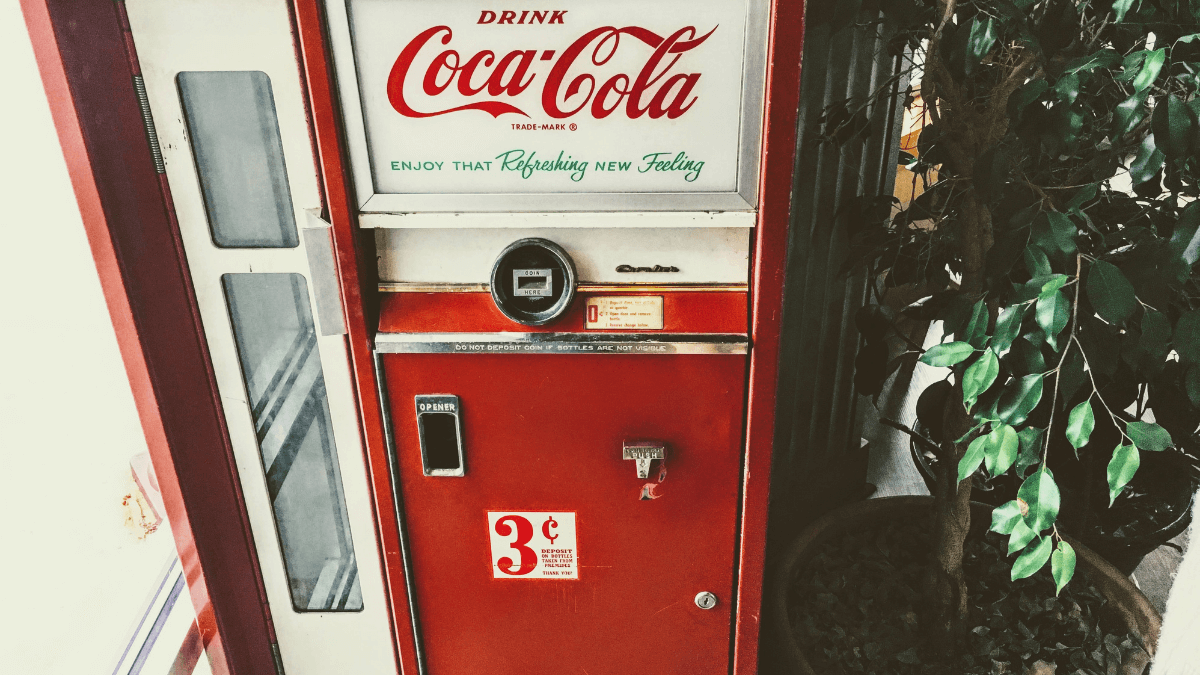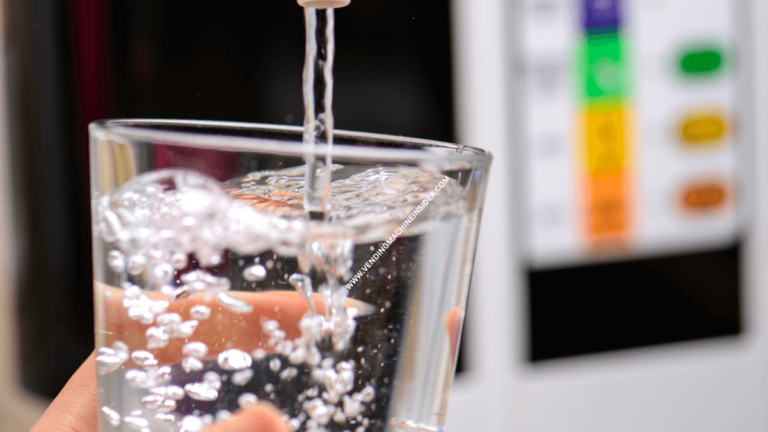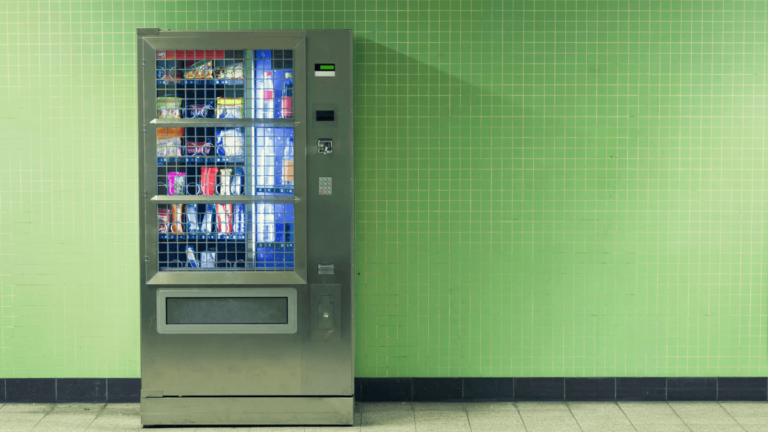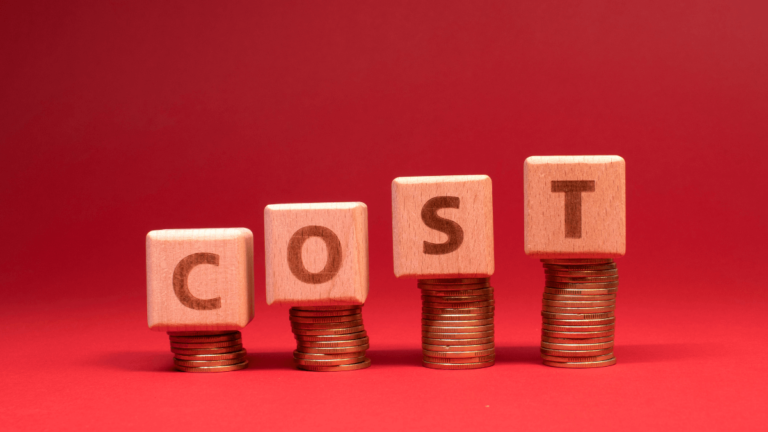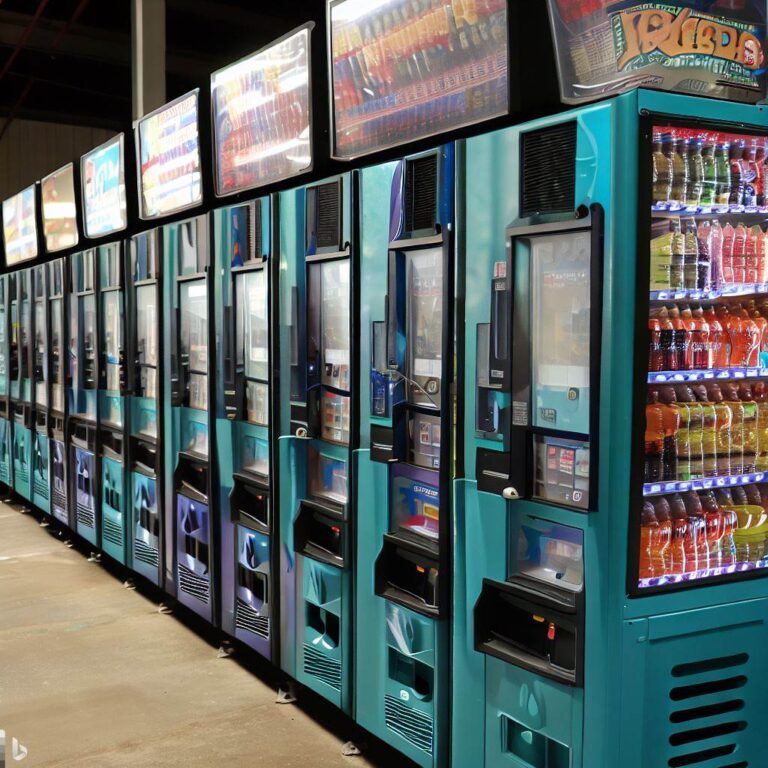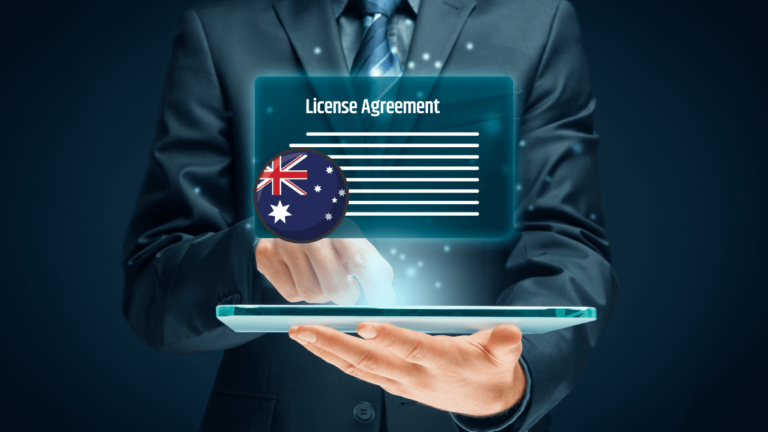Why Does Coca-Cola Vending Machine Charged Twice? Reasons and Fix
Picture this: you’re late for your ride to work or school, you stop at a nearby Coca-Cola vending machine to grab a quick drink, and you pay with your card in a hurry, only to find out that you’ve been charged twice when you look at your account.
Frustrating, right?
Absolutely, and you’re probably annoyed and confused as to why this happened. Luckily, we’re here to tell you that you don’t need to worry, you’ll only pay for what you got.
If a Coca-Cola vending machine charged you twice for a purchase, you’re probably using a credit or debit card. This is when your bank keeps the same amount of money as the purchase on hold until the payment is submitted by the vending machine company and then verified by the bank.
They are likely to happen because of an authorization hold.
Today, we’re explaining what an authorization hold is in detail and discussing other possible reasons a Coke vending machine may charge you an additional amount for cards.
RELATED READ: Can You Use 2 Dollar Bills in Vending Machines?
Can Coca-Cola Vending Machines Charge You Twice?
Technically speaking, yes, Coca-Cola vending machines can charge you twice. Before you lynch the company, however, you should know that all vending machines can do this- no matter the brand or the sold products- when the payment involves the use of a card.
In other words, while it’s true that a Coca-Cola vending machine may charge you twice, it only happens when you use a credit or debit card to pay for the purchase. This won’t happen if you’re paying in case, which means it’s related to how card payments work — not a secret agenda or anything like that.
So what exactly happens during card payments to cause a double charge? It’s a practice called “an authorization hold”, which we’ll break down below.
Don’t worry though, you’ll still only pay for what you got and you’ll receive the extra amount back.
Why would a Coca-Cola Vending Machine Charge You Twice for Cards?
As we mentioned above, a Coca-Cola vending machine may charge you twice when you use a credit or debit card to pay because of a common banking practice referred to as an authorization hold.
In fact, if you see an extra charge on your statement after buying an item using your credit or debit card at any vending machine and it looks like the same amount has been deducted twice, then it’s likely an authorization hold.
The authorization hold is a standard procedure in banking. Its goal is to verify payments made via credit or debit cards by temporarily keeping an equivalent amount of money pending or “on hold” until funds from your account are actually transferred to the vendor’s account.
An authorization hold during a vending machine card purchase works as the following:
- When you’re done with the payment process at the vending machine, the account statement linked to the used credit or debit card will indicate that you’ve been charged the same total twice.
This is because the money you should pay for the items doesn’t get transferred from your account right away. The vending machine company needs some time to contact your bank and the other way around.
By maintaining a temporary hold on the same amount of money, the bank ensures that there’ll be enough money left to cover the payment to the vending machine company if you were to use up all the available balance on your credit or debit card before the funds are transferred.
- Once the vending machine company submits the card payments of the day and the money is transferred out of your account, the hold will be lifted off of the extra money and you’ll be able to use it as regular.
This process typically takes around a day or two to be complete. If you still see the hold after a couple of days, you should contact your bank to see what’s delaying the procedure.
Is There Another Reason a Coca-Cola Vending Machine would Charge Extra for Cards?
Yes, you may be charged extra at a Coca-Cola vending machine if you buy using a credit or debit card due to processing fees. Again, this can happen with any vending machine selling any brand of items because processing fees are related to how card payments work.
Most banks have a processing fee set for payments completed with debit or credit cards. Merchants are required to pay these charges, so to avoid affording them alone, they may include part or all of the fees in the customer’s total charge.
You’ve probably experienced a similar thing in retail shops or restaurants when you pay with a card and find out later that you’ve been charged an additional processing fee. Sometimes the person in charge of payments at the place informs you of the extra fee, but they’re not obliged to.
If you don’t mind paying a tiny bit more to enjoy the convenience of not carrying cash around, then there’s no problem here.
Just think about all those annoying times your bill got rejected or stuck at a vending machine because it’s “too wrinkly”.
That said, if you don’t want to be charged an extra processing fee, the only thing you can do is just pay in cash or look for another machine that doesn’t charge more.
The latter can prove to be near impossible.
FAQs
Can you get a receipt from the vending machine after paying with a card?
Some machines can print you a receipt and others can’t. It depends on the model of the vending machine and its card reader.
Can you pay half cash half card at a vending machine?
This depends on the vending machine in question, but it isn’t very common.
Wrap Up
The bottom line is, if a Coca-Cola vending machine charged you twice for one purchase, chances are you’ve used a credit or debit card and it lead to an authorization hold.
An authorization hold is when your bank temporarily keeps an equal amount of money to the purchase on hold until the payment is submitted by the vending machine company and then verified by the bank.
Once the funds are transferred, the hold gets lifted.
